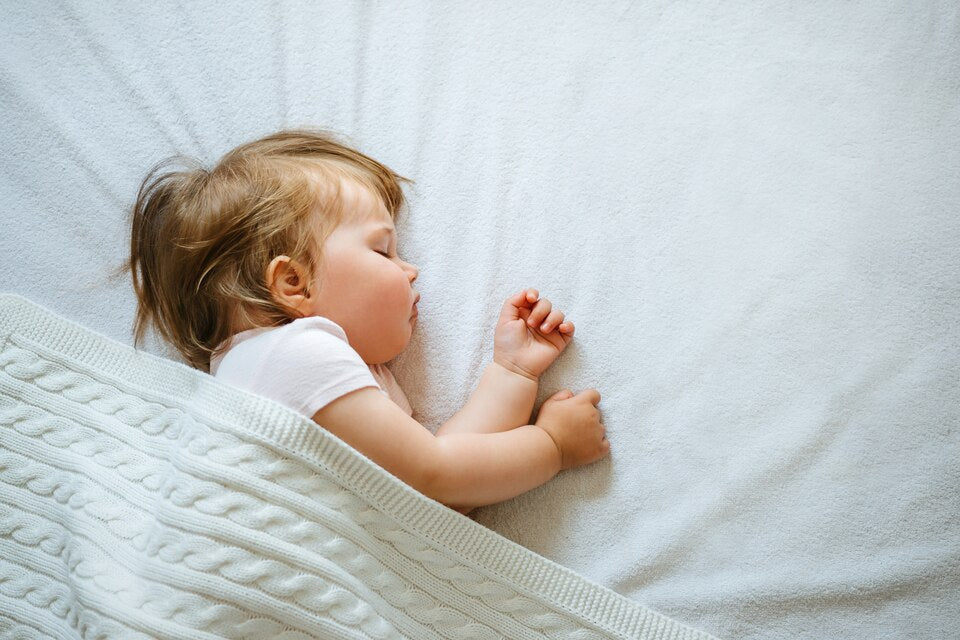Ensuring that your baby gets the best possible sleep is vital for their overall well-being and development. These tips will help you establish optimal sleep habits that will benefit your baby and the entire family.
Creating a Consistent Bedtime Routine
One of the most effective ways to promote healthy sleep habits is by establishing a consistent bedtime routine. A soothing routine signals to your baby that it's time to wind down and prepare for sleep. Choose conditioning that promotes relaxation, similar to a warm bath, a gentle massage, or reading a bedtime story. Dim the lights in the room to produce a calm and peaceful atmosphere. By following the same routine every night, you produce a familiar and comforting experience that helps your baby transition into sleep mode.
Designing a Sleep-Friendly Environment:
Creating a sleep-friendly environment is essential for promoting peaceful nights. Start by cooling the room to a comfortable temperature, neither too hot nor too cold. Use a thermometer to check the temperature and acclimatise as required. Consider using white noise or gentle music to drown out background noises and produce a soothing atmosphere that helps your baby relax. Investing in a quality crib or buggy with an established mattress and a fitted mattress will provide a safe and cosy sleep space for your baby.
Implementing Safe Sleep Practises:
Ensuring a safe sleep environment for your baby is key. While safe sleep guidelines may vary, it's important to understand the best practises. However, educate yourself about the drawbacks and follow the recommended guidelines. Avoid using pillows, loose robes, stuffed creatures, or anything else that can pose suffocation problems in your baby's sleep area. By taking these preventives, you can minimise the chances of accidents in the dark.
Recognising Sleep Cues and Encouraging Self-Soothing:
Understanding the signs of tiredness in babies is important for a smooth transition to sleep. Look for hints like eye-rubbing, yawning, or dropped engagement with their surroundings. When you notice these signals, create a calm and quiet environment to help them fall asleep. You can encourage self-soothing techniques such as gentle rocking, offering a pacifier, or providing a comforting item that they like. These practises help your baby develop tone-regulation chops and establish healthy sleep habits.
Tailoring Sleep to Your Baby's Individual Needs
It is crucial to remember that every baby is unique and that their sleep needs may vary. Some babies require more sleep than others, and their sleep patterns can change as they grow. Pay attention to your baby's individual sleep cues and adjust their routine and environment accordingly. Be flexible and willing to adapt as needed to ensure that your baby is getting the optimal amount of sleep for their age and developmental stage.
Consistency, Patience, and Nurturing Approach:
Developing healthy sleep habits requires time and tolerance. It's pivotal to approach the process with thickness, tolerance, and a nurturing mindset. Understand that it may involve some trial and error to find the strategies that work stylishly for your baby. Stick to a harmonious bedtime routine and maintain a sleep environment that your baby feels secure and comfortable in. When faced with challenges like sleep retrogressions or teething, maintain a nurturing and probative approach. Offer comfort and consolation during these transitional phases. Flashback is a gradational process, and with continuity and care, you can establish optimal sleep habits for your little bone.




Leave a comment
This site is protected by hCaptcha and the hCaptcha Privacy Policy and Terms of Service apply.